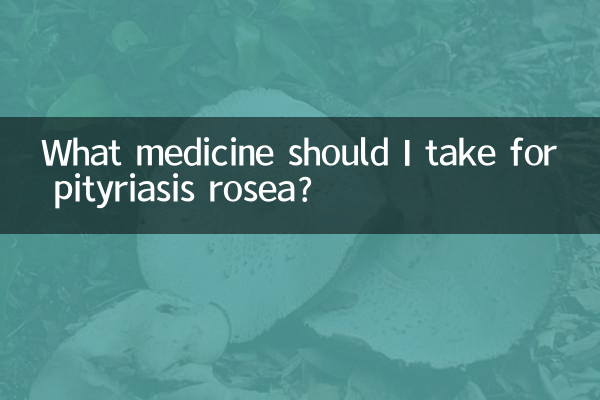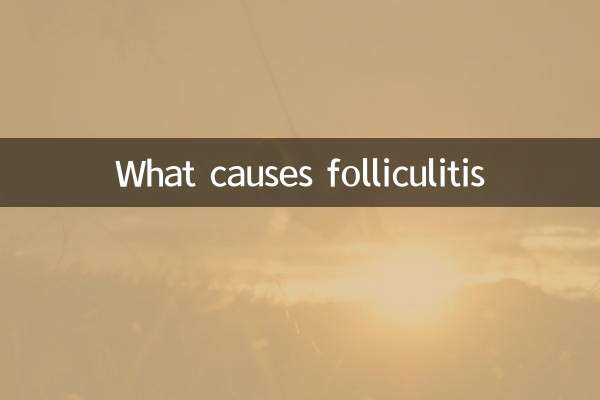What medicine should I take for pityriasis rosea?
Pityriasis rosea (Pityriasis Rosea) is a common self-limiting skin disease that usually presents as oval or round erythema on the trunk and limbs, accompanied by mild itching. Although the disease usually resolves on its own within 6-8 weeks, appropriate medical treatment can relieve symptoms and speed recovery. The following is a summary of medication recommendations for pityriasis rosea and hot health topics in the past 10 days.
1. Commonly used drugs for pityriasis rosea

| drug type | specific drugs | function | Things to note |
|---|---|---|---|
| antihistamines | Loratadine, Cetirizine | relieve itching | Avoid taking it with other sedative drugs |
| topical hormones | hydrocortisone cream | Reduce inflammation and redness | Not suitable for long-term use in large areas |
| moisturizer | Vaseline, urea ointment | Relieve dry skin | No significant side effects |
| Antiviral drugs (controversial) | Acyclovir | May shorten disease duration (supported by some studies) | Use only after evaluation by a doctor |
2. Popular health topics in the past 10 days
The following are health-related topics that have attracted much attention across the Internet in the past 10 days:
| topic | heat index | Main content |
|---|---|---|
| Global spread of monkeypox virus | ★★★★★ | Monkeypox cases reported in many countries, WHO issues prevention and control guidelines |
| New trends in summer sun protection | ★★★★ | Comparison of the pros and cons of physical sunscreen and chemical sunscreen |
| Helicobacter pylori screening | ★★★ | Home self-testing kit sparks heated debate |
| Chinese medicine treats eczema | ★★★ | Study says some Chinese medicine prescriptions can relieve chronic eczema |
3. Life management suggestions for pityriasis rosea
In addition to drug treatment, patients should also pay attention to the following details of life:
1.avoid hot baths: High-temperature water may aggravate skin dryness and itching.
2.Choose loose-fitting clothing: Reduce friction and avoid irritating skin lesions.
3.Keep skin moist: Apply moisturizing cream promptly after bathing.
4.Reduce sun exposure: Ultraviolet rays may aggravate skin rashes.
4. When do you need medical treatment?
If the following situations occur, it is recommended to seek medical treatment in time:
- The rash persists for more than 3 months;
- Accompanied by systemic symptoms such as high fever and swollen lymph nodes;
- Itching seriously affects the quality of life.
Conclusion
Although pityriasis rosea can heal on its own, proper medication and care can significantly improve comfort. Recent health hot topics such as monkeypox prevention and control and sun protection options are also worthy of attention. If in doubt, it is recommended to consult a dermatologist for a personalized treatment plan.

check the details

check the details